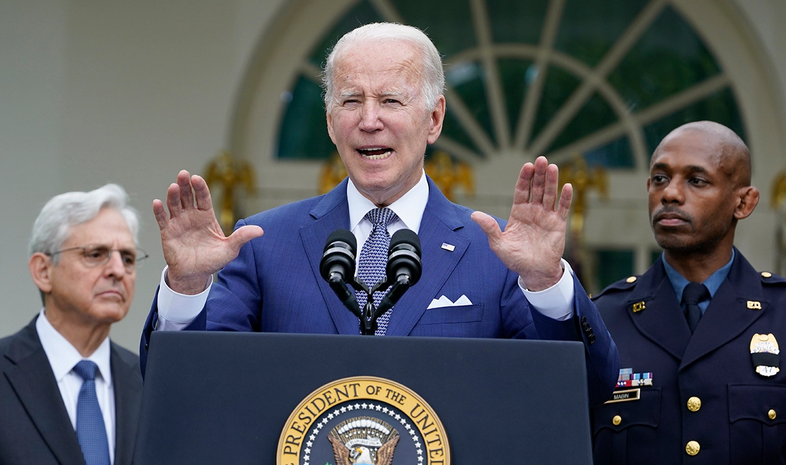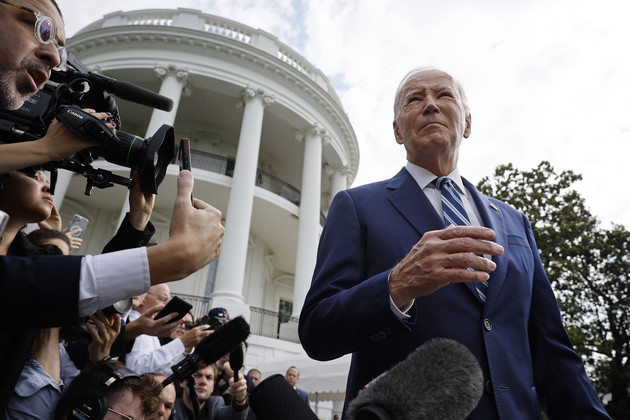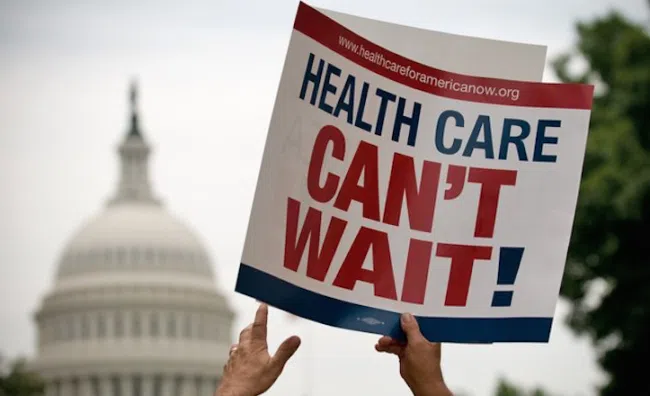
The Biden-Harris Administration is expected to propose a new regulation cracking down on short-term health insurance plans, according to Politico.
The new short-term health plan policy is designed to “ensure this type of coverage does not undermine the Affordable Care Act” and other health insurance markets, according to the rule’s description.
The Obama administration in 2016 limited short-term plans to three months in an effort to get more people on year-round plans sold on the new federal and state-based exchanges created by Obamacare (see How Many Medicaid Enrollees Disenrolled from U.S. Health Insurance Program?).
The Trump administration adopted regulations in 2018 that let people stay on short-term insurance plans for 12 months and renew those plans for three years. Critics at the time derided short-term plans as “junk” that would not protect people with pre-existing conditions.

The Affordable Care Act is a comprehensive reform law, enacted in 2010, that increases health insurance coverage for the uninsured and implements reforms to the health insurance market. This includes many provisions that are consistent with AMA policy and holds the potential for a better health care system.
The long-awaited rule will curtail a Trump-era expansion of the skimpy health coverage, which Democrats and patient advocacy groups have criticized for undermining Obamacare and its broad protections for patients with pre-existing conditions.
The move comes as the White House tries to focus the nation’s attention on the administration’s efforts to lower prescription drug prices for seniors, crack down on so-called junk fees, fight inflation and improve the overall economy (see Cancer Health Insurance).
The White House’s budget office signed off on the proposed rule last week, according to a regulatory review notice, a signal that the regulations had cleared the final internal hurdles.
Insurers must post a warning alongside short-term plans alerting consumers that they don’t have robust coverage.
Unlike plans sold on Obamacare’s insurance exchange, a short-term plan doesn’t cover essential health benefits. For example, some plans limit doctor visits, others don’t cover prescription drugs.
CMS leaders in the Trump administration said the plans were meant to give consumers an alternative to higher-priced Obamacare plans.

AM Best is maintaining a stable market segment outlook on the U.S. health insurance industry for 2023, citing reduced pressure from COVID-19-related medical costs, as well as diversified revenues and earnings and strong levels of risk-adjusted capitalization among health insurers.
Earnings from government business particularly remained very strong, supported by elevated margins in the Medicaid segment due to the continued public health emergency (PHE) declaration and lack of eligibility checks (see Large U.S. Health Insurers Have Expanded Participation in Individual Insurance).
Despite the strong overall earnings through first-half 2022, sizeable unrealized losses negatively impacted capital and surplus, which counterbalanced approximately a third of underwriting gains. Given the direction of interest rates, unrealized losses are likely to grow into 2023. In addition, the anticipated end of the PHE and Medicaid redetermination will dampen Medicaid results next year.

 by
by 


